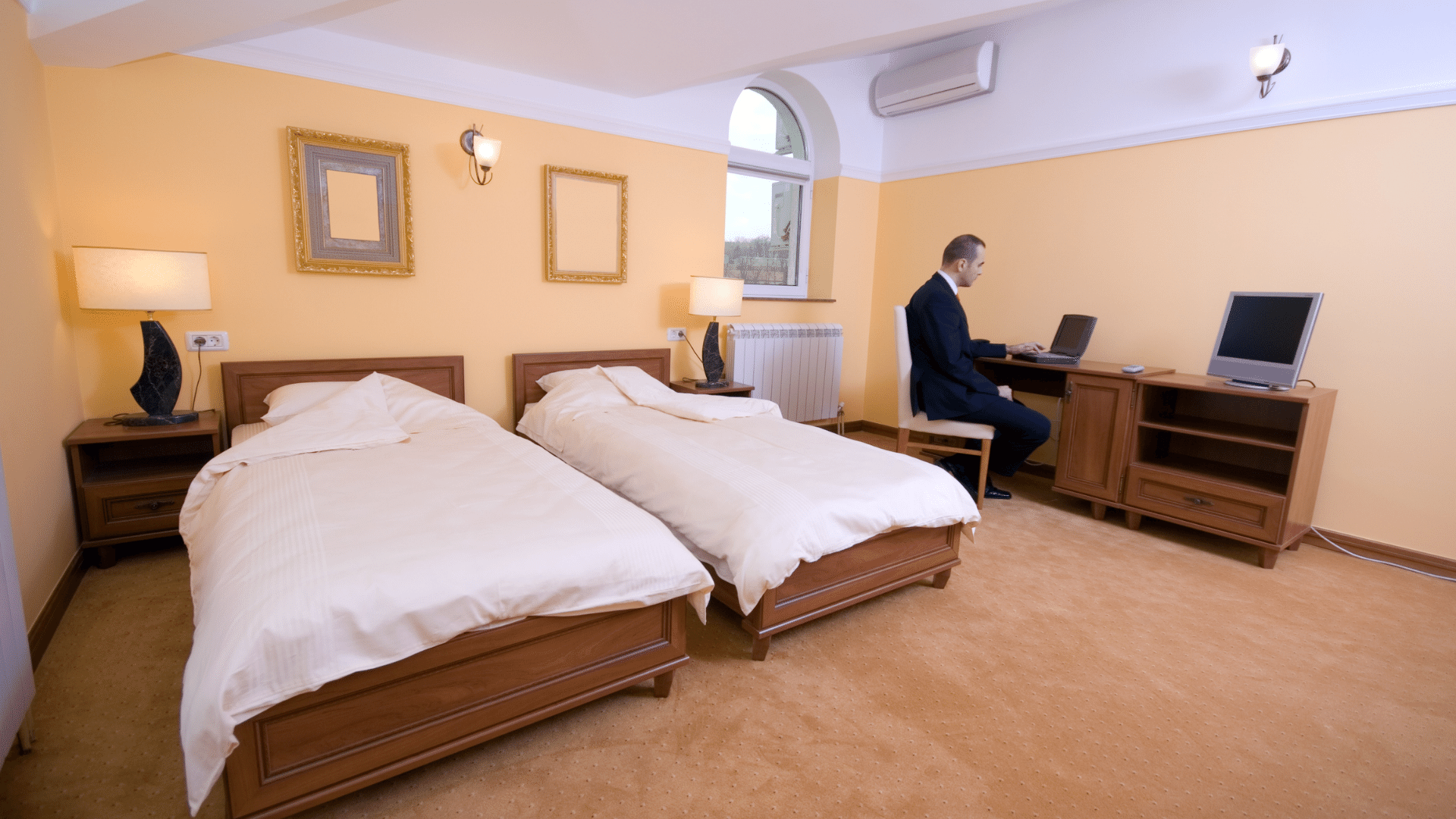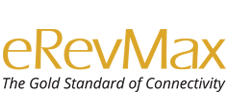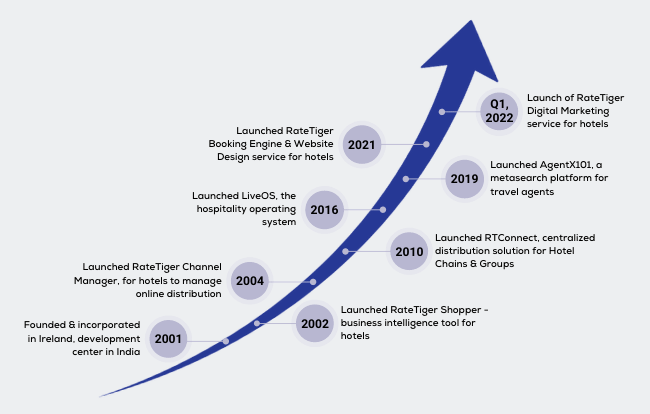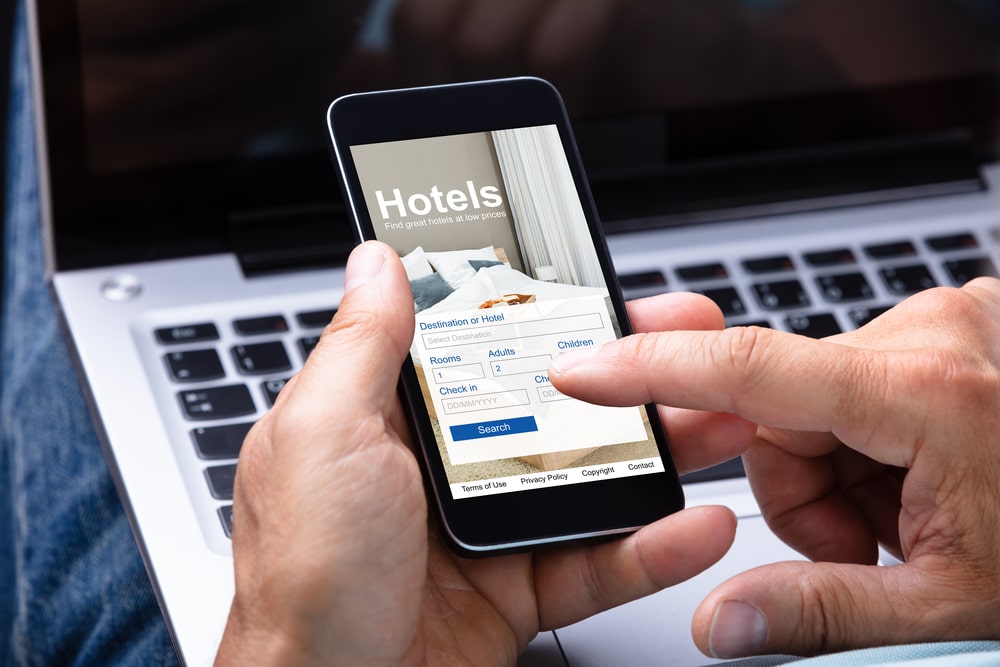After the pandemic hit, the blow taken by business travel might slowly get back to pre-pandemic levels but it will never look the same. Businesses are re-evaluating their priorities and thinking differently about corporate travels. Statistics show a drop of 61% in Global Business Travel in 2020 due to the impact of coronavirus. Though the eventual scale and shape of corporate life are returning, it is still slow.
Events, conferences and trade shows, which render the most business trips, were happening virtually, but with competition and growth imperatives, business leaders realize the value of face-to-face interaction. This, in turn, is necessitating the resumption of Business Travel.

Below are a few pointers to consider when trying to attract business travelers of the changing era:
1. Communication is a good start
With prevention of Covid, has come along a lot of restrictions which make simple and straightforward journeys, complicated. With the world shifting to normal, business travelers need to communicate to simplify the complexities of the restrictions.
Communicating and understanding the priorities of business travelers can help hotels serve them better. Communication will help rebuild the brand loyalty of hotels for business travelers which might have been affected due to Covid.
2. Touch-less experience is on the rise
During Covid, a lot of hotels have taken help of technology to spread safety precautions and stay well within restriction limits. Some of which includes online check-in/check-out, online payments, mobile solutions for self-service during stay, digital room keys, etc.
Technology has improved safety and simplified customer experience by convenience and faster processes. Business travellers need a simplified booking process that allows them to choose from more property and rate options and provides better availability. The coming years also pose many possibilities for more advanced technologies like artificial intelligence and virtual reality.

3. Hybrid events are the tomorrow of Business Travel
Hybrid events are events that incorporate both virtual as well as in-person elements. Where 71% indicated that hybrid events were not included in their program, 65% have stated that they are interested in having an increased number of hybrid events post pandemic. It is important to understand that virtual and hybrid events still need a venue.
Hotels for business travelers should ensure that they have the proper infrastructure to support advanced amenities for hybrid events. Updating safety highlights, offering onsite technical support, utilizing virtual tours and offering personalized hybrid events can cover most Business Travelers need for hybrid events.
4. Provisions for “Bleisure” Traveler
Bleisure is a mix of the word business with leisure. Many business travelers tend to extend their stay beyond business, especially when it is in a leisure travel destination or big cities. Crafting different packages for “Bleisure” travelers could help drive demands and generate additional revenue.
92% of organizations suspended business travel during the early months of the pandemic (National Geographic, 2020). With restrictions for Covid being removed, this number is slowly changing. Offering packages and discounts at restaurants and Spa could excite and encourage business travelers to extend their stay for leisure time.
5. Alternative accommodations are in:
Alternative accommodation is another business travel trend introduced by the new age corporate travelers. It includes all those types of accommodations which are available outside the formal accommodation sector. Home-like accommodations and smaller boutique hotels has increased popularity among hotels for business travellers in this new age.
Alternative accommodations allow more business travellers to prioritize comfort and relaxation during work. Non – traditional accommodations provide such amenities for business travellers which give them the opportunity to explore the destination in a new way.

Discovering and shaping what tomorrow holds:
Although China dominates the business travel market, United States outpaces everyone in spending on business travel by a wide margin (WTTC, 2021). Another report suggests Asia has become the world’s largest business travel market (Hospitalitynet, 2019). According to another survey, international business travelers consider travel as valuable to both personal as well as professional growth. As we can see, although business travel had taken a hard blow from the pandemic, times are shifting and corporate travel is rising again without any doubt.
Businesses are re-evaluating their benefits from business travel. Customer loyalty and market share will go to those hotels for business travelers who can stay relevant and responsive to the varying business traveler needs. Health and safety still remaining the priority, business travel market is on the rise, post pandemic and the growth will be more than ever before.













